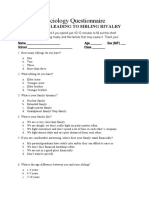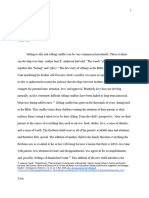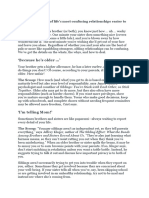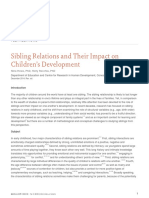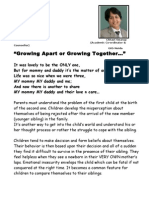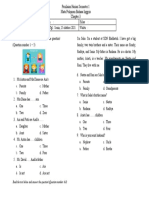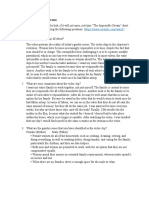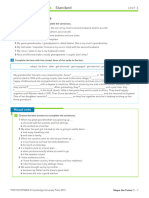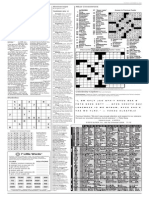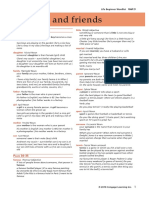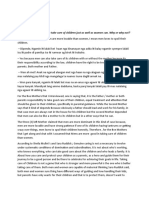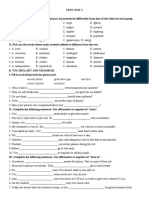0% found this document useful (0 votes)
74 views14 pages7th Edition Audio Script
The document is about siblings and sibling relationships. It contains vocabulary words related to siblings, short passages about siblings sharing interests and arguing, and pictures showing sibling interactions. The passages discuss how parents should treat children equally to avoid rivalry, how sibling bonds are complex but they support each other, and how fights are inevitable but siblings will defend each other.
Uploaded by
sarah grace lampagoCopyright
© © All Rights Reserved
We take content rights seriously. If you suspect this is your content, claim it here.
Available Formats
Download as DOCX, PDF, TXT or read online on Scribd
0% found this document useful (0 votes)
74 views14 pages7th Edition Audio Script
The document is about siblings and sibling relationships. It contains vocabulary words related to siblings, short passages about siblings sharing interests and arguing, and pictures showing sibling interactions. The passages discuss how parents should treat children equally to avoid rivalry, how sibling bonds are complex but they support each other, and how fights are inevitable but siblings will defend each other.
Uploaded by
sarah grace lampagoCopyright
© © All Rights Reserved
We take content rights seriously. If you suspect this is your content, claim it here.
Available Formats
Download as DOCX, PDF, TXT or read online on Scribd
/ 14




